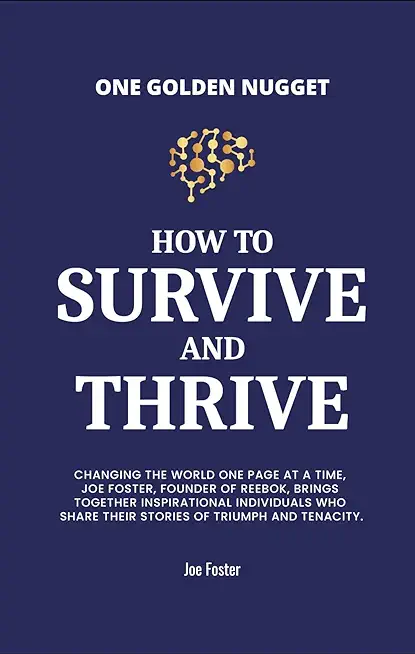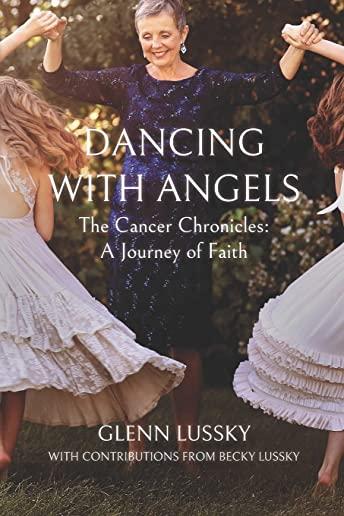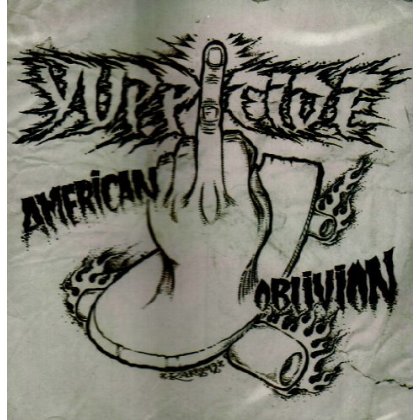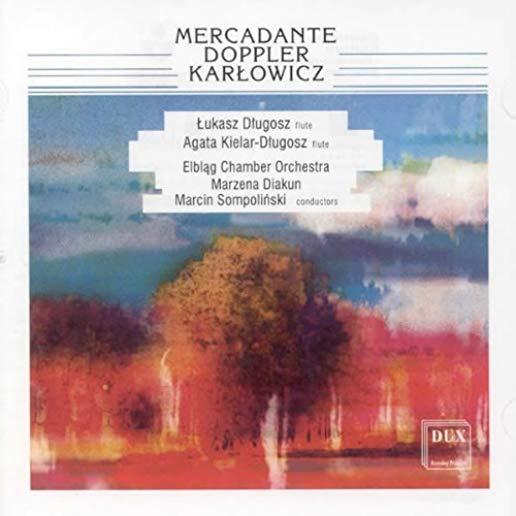
description
e of flux. Changing dynamics, from accreditation to unsustainable economic models, have forced colleges and universities to examine their fundamental principles while also grappling with the changing needs of the national and globalized workforce, including the shift to online learning. At the same time, the diversification of the American population challenges higher education institutions to serve all of its students across racial, ethnic, gender and age boundaries.
Fielding University Press' new publication, Higher Education in a Changing World, aims to provide knowledge and insight for those seeking to understand and adapt to the rapid pace of change in the 21st century higher education space. Edited by Drs. Orlando L. Taylor, Nicole Retland, and Katherine McGraw, the book was written as a guide to an industry in a constant stage of change.
Authored by nearly 50 higher education scholars and leaders from across the spectrum of higher education, the book tackles issues such as the global challenges facing higher education leadership; how institutions can thrive in a competitive environment; the opportunities of international outreach; initiatives to advance greater diversity and equity; the key role played by HBCUs and other special focused institutions; rethinking traditional STEM education; and how to foster transformative experiences for students.
"An excellent resource for educators, public officials (and) policy analysts," says Freeman A. Hrabowski III, President Emeritus of the University of Maryland. And Cora Marrett, Former Acting Director of the National Science Foundation, calls the book "a sweeping vista on American higher education" that "corrects the image of a sector that is insulated from the crosswinds of the larger society."
Fielding University Press' new publication, Higher Education in a Changing World, aims to provide knowledge and insight for those seeking to understand and adapt to the rapid pace of change in the 21st century higher education space. Edited by Drs. Orlando L. Taylor, Nicole Retland, and Katherine McGraw, the book was written as a guide to an industry in a constant stage of change.
Authored by nearly 50 higher education scholars and leaders from across the spectrum of higher education, the book tackles issues such as the global challenges facing higher education leadership; how institutions can thrive in a competitive environment; the opportunities of international outreach; initiatives to advance greater diversity and equity; the key role played by HBCUs and other special focused institutions; rethinking traditional STEM education; and how to foster transformative experiences for students.
"An excellent resource for educators, public officials (and) policy analysts," says Freeman A. Hrabowski III, President Emeritus of the University of Maryland. And Cora Marrett, Former Acting Director of the National Science Foundation, calls the book "a sweeping vista on American higher education" that "corrects the image of a sector that is insulated from the crosswinds of the larger society."
member goods
No member items were found under this heading.
Return Policy
All sales are final
Shipping
No special shipping considerations available.
Shipping fees determined at checkout.







